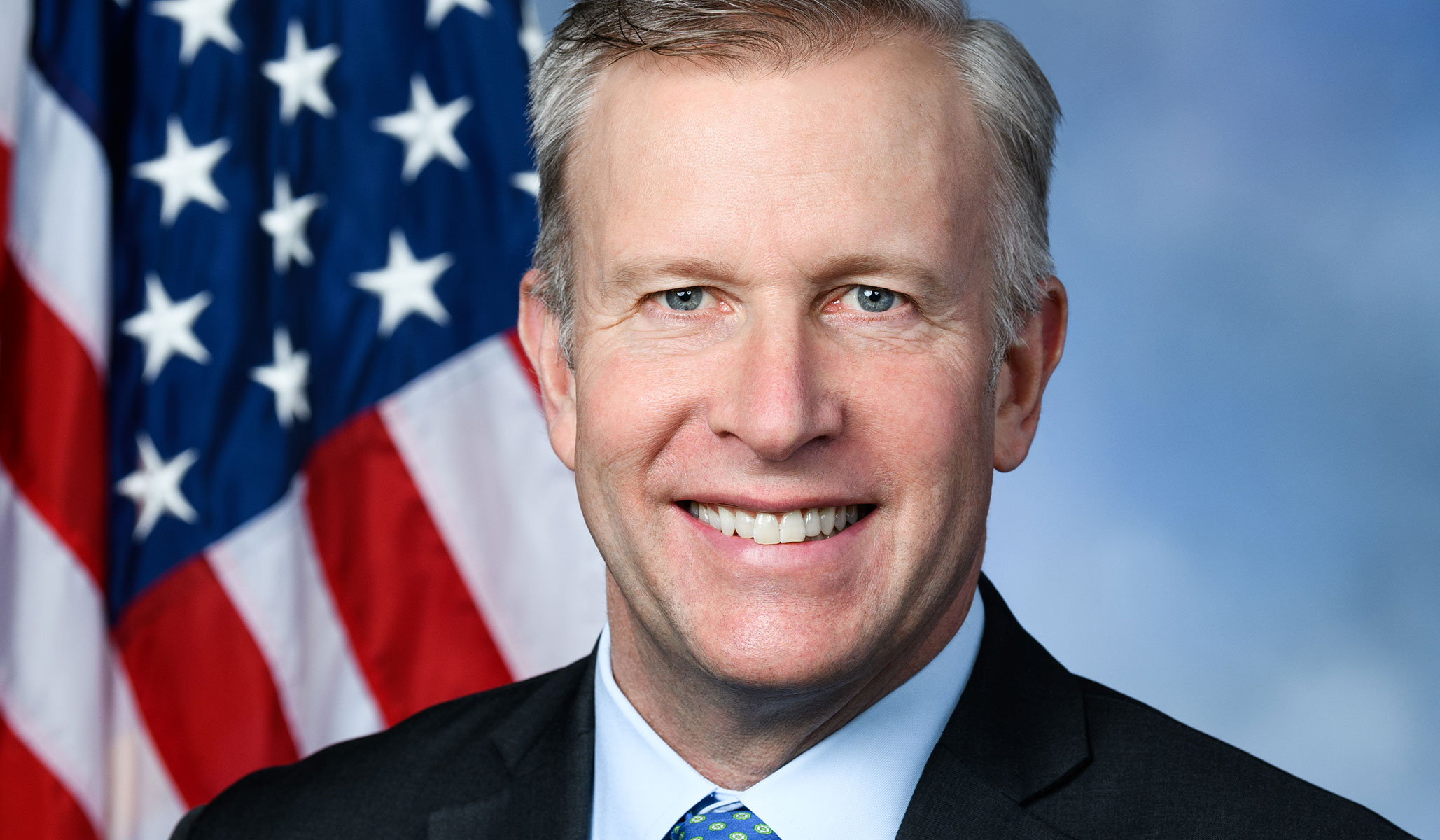The Fairness for All Act (FFAA), an all-Republican House bill that would write gender identity into U.S. civil-rights law, has lost another cosponsor. Chris Jacobs, who is serving in his first full term as a representative from New York’s 27th congressional district, quietly dropped off the bill in late February — a departure that has yet to be covered anywhere except for Twitter.
Jacobs is the fourth cosponsor to drop off FFAA in recent months. Jeff Van Drew (N.J.-2) pulled his support for the bill in late November. Claudia Tenney (N.Y.-22) dropped off on February 2. And on February 9, National Review broke the news that Elise Stefanik, the House GOP Conference chairwoman and FFAA’s most prominent cosponsor, withdrew her name.
These Republican defections come amid heavy censure for supporters of FFAA from many on the right. As NR wrote in its report on Stefanik’s withdrawal:
FFAA’s incorporation of SOGI into federal anti-discrimination law was criticized by influential social conservatives like Ryan T. Anderson and Robert George, and was opposed by conservative and religious groups from the Heritage Foundation to the United States Council of Catholic Bishops. (Although some religious institutions — most notably, the Church of Jesus Christ of Latter-Day Saints — supported the legislation). It was also widely criticized in conservative media. In November, the Daily Wire’s Michael Knowles slammed the bill’s Republican cosponsors as “tone-deaf and rudderless.”
More recently, the American Principles Project (APP), a social-conservative advocacy group that has been at the forefront of the transgenderism fight, went so far as to announce plans to back primary challenges to some of FFAA’s Republican sponsors in the upcoming election cycle. “We want to start collecting some scalps, particularly from within the Republican Party,” Terry Schilling, the president of APP, told NR last month. “We want to make [FFAA] a litmus test.”
When Representative Chris Stewart (Utah-2) introduced FFAA, the congressman — whose district went for Donald Trump by 14 points in 2016, and 16 in 2020 — pitched the bill as a “compromise” between LGBT rights and religious liberty, adding sexual orientation and gender identity (SOGI) to the list of protected classes under anti-discrimination law while including modest “right to discriminate” carve-outs for religious institutions. “This legislation aims to protect everyone’s dignity in public spaces,” Stewart wrote in a statement on FFAA. “It harmonizes religious freedom and LGBT rights by amending the Civil Rights Act, protecting religious freedom in the workplace, protecting the rights of LGBT individuals, and preserving 1st amendment rights.”
But from the perspective of social conservatives, the bill was a bad deal. Its “logical conclusion,” EPPC president Ryan Anderson told NR in November, “is the full abolition of sex-specific facilities.” And even as its proponents spoke of striking a balance between religious liberty and LGBT rights, FFAA’s expansion of anti-discrimination law would amount to a significant constriction of the expression of socially conservative views on gender and sexuality in the public square. As NR’s November piece on the legislation noted:
FFAA protects the conscience rights of defined religious institutions — churches, religious charities, and so on. It does not protect most individuals, even if those individuals object to something like gender ideology on an authentically religious basis…[and the bill’s] threats to the American constitutional order go above and beyond the rights of religious individuals and business owners. So-called “trans-exclusionary radical feminists” who reject gender ideology on the grounds that it erases women, physicians who do not want to mutilate children’s bodies by prescribing puberty blockers or performing irreversible sex-change surgeries, coaches who want to protect their female athletes from biologically male competitors, and any number of other secular dissenters from gender ideology are not afforded rights under FFAA’s framework. Rather, acting on the belief that men and women exist as distinct biological categories — let alone the belief that men and women exist for one another, both in terms of sexual ethics and the definition of marriage — would be viewed as legitimate only on religious grounds, and relatively narrow ones at that.
Representative Jacobs’s office has not yet responded to a request for comment. But many social conservatives hope that the shift in momentum surrounding FFAA signals a broader change in the way that Republicans think about social issues such as transgenderism. “Republican politicians are increasingly recognizing that this is a litmus-test issue to their voters,” APP policy director Jon Schweppe told NR. “You can’t be a Republican and support the Left’s radical views on gender and sexuality. This is likely to be a major issue for the bill’s cosponsors during primary season. It’s smart politics for Republicans to run as far away from this bill as possible.”
